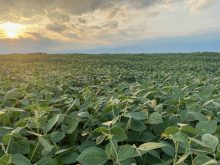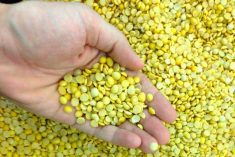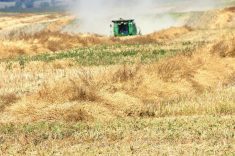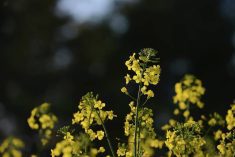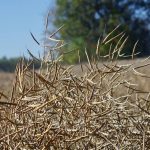Canadians don’t think that food and agriculture will be a significant issue in the current federal election.
A survey conducted Sept. 9 and released Tuesday by Angus Reid Global with the support of Dalhousie University’s Agri-Food Analytics Lab shows 31 per cent of Canadians believe food and agriculture will be a prime electoral issue during the election.
The survey showed there are, however, some significant individual issues that concern Canadians related to food and agriculture.
Three of five Canadians say food security and affordability is an important issue in this election. That number is higher in Manitoba and the Atlantic region where food security is a concern for 68 per cent.
Read Also

U.S. grains: Soybeans turn higher as traders weigh China demand; wheat climbs
Chicago | Reuters – Chicago soybean futures turned higher on Wednesday on technical buying and continued hopes of stronger Chinese…
The use of plastics is also a growing concern at 54 per cent believing plastics use in food is a concern in this election.
All regions are above 50 per cent in interest in this issue other than Alberta and Saskatchewan.
Food waste is the third most important agriculture and food issue for Canadians, especially in Quebec.
Supply management proved a complicated topic to survey. Saskatchewan – which has a limited number of farmers in supply-managed commodities – had 35 per cent say supply management is an important issue. Quebec and Ontario came in at 27 per cent and 32 per cent respectively.
Global trade is much more of a concern in the West, with 51 per cent of Saskatchewan residents saying global trade is important. At the other end of the spectrum, 19 per cent of Quebec residents say global trade is an issue.
When asked what the largest food and agriculture issues should be after the election, Canadian said food security, overwhelmingly — likely representing a lack of understanding on the issues in order to volunteer them.
The survey asked about the use of pesticides and urban agriculture, but the results were insignificant.
The sample size for this survey was 1,524 people from across the country, with a margin of error of less than three per cent, 19 times out of 20.
— John Greig is editor of Farmtario.





